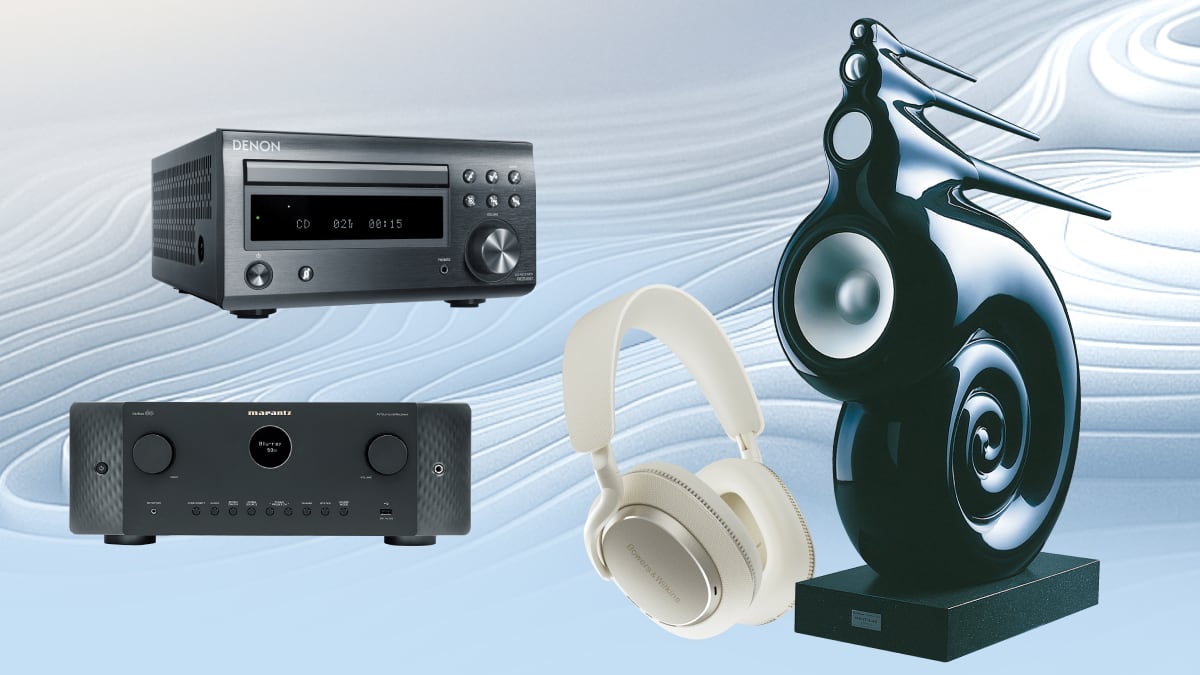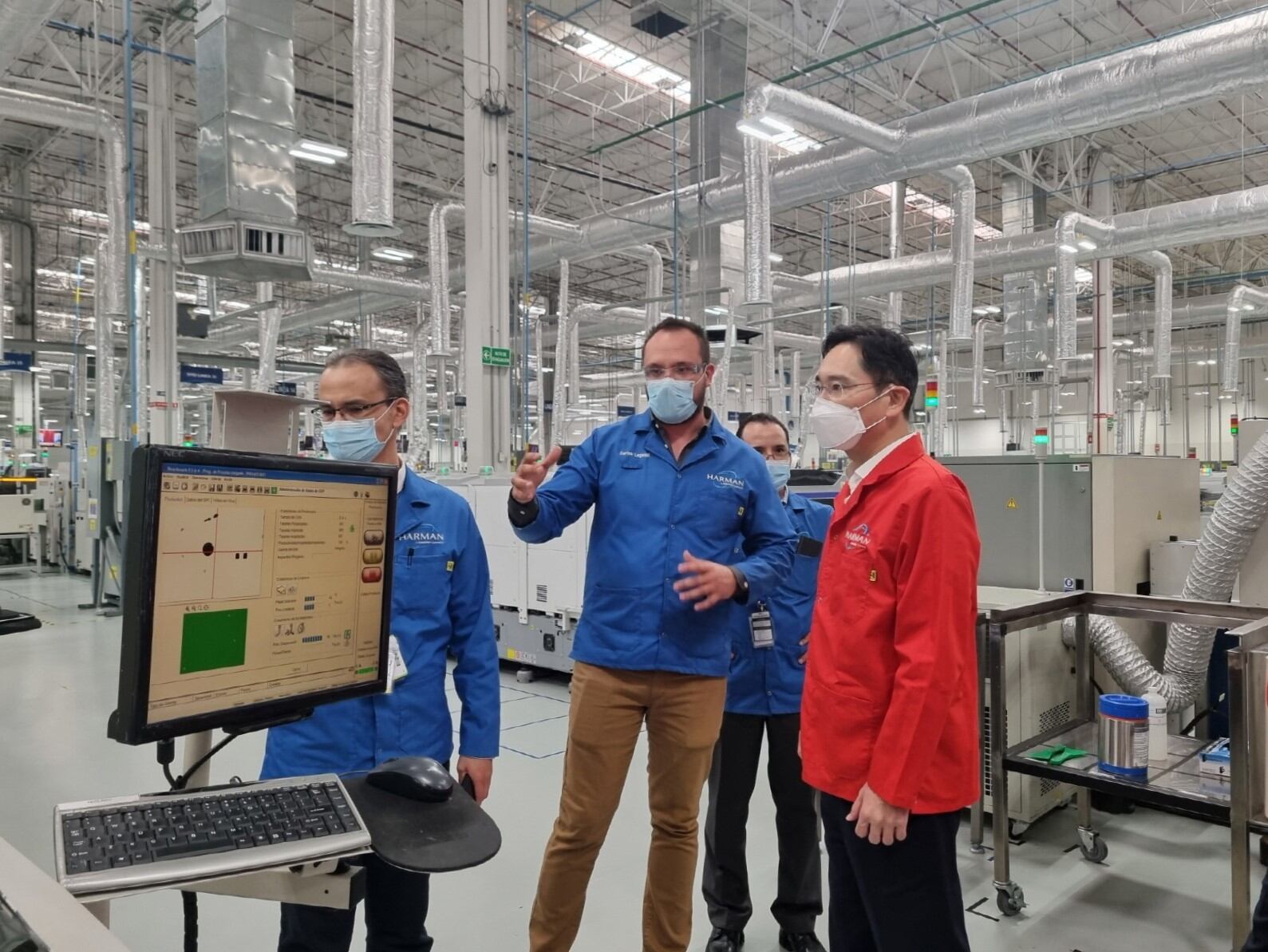Samsung Electronics is set to make one of its most significant moves in almost ten years to enhance its audio capabilities. This strategic maneuver involves its American affiliate, Harman, acquiring the audio unit from U.S.-based company Masimo for $350 million.
On May 7, the agreement gave Harman oversight over an upscale collection including brands like Bowers & Wilkins (B&W), Denon, Marantz, Polk Audio, and Definitive Technology. This marks Samsung’s biggest merger and acquisition transaction since purchasing Harman for $8 billion in 2016—a move indicating their increased focus on luxury consumer and car audio markets as they aim to distinguish themselves against rapidly growing rivals from China.
“This step enables us to broaden our audio offerings through premier global brands and serve sophisticated clients spanning both consumer electronics and automotive sectors,” stated Samsung. Additionally, the firm mentioned that this acquisition will enhance Harman’s leadership position in car audio systems. For example, B&W provides audio components for BMW’s high-end 7 Series vehicles.
This purchase occurs as Samsung intensifies its merger and acquisition efforts in emerging fields such as robotics and artificial intelligence. Experts suggest this step indicates Samsung’s renewed focus on the international M&A scene with strong determination.

Meanwhile, Harman has discreetly emerged as one of Samsung’s most profitable assets. The company achieved over 1 trillion won ($900 million) in operating profit for the first time in 2023 and surpassed 1.3 trillion won in 2024. During the first quarter of 2025, profits jumped by 50% year-over-year to reach 300 billion won, performing better than Samsung’s primary consumer electronic divisions.
The introduction of these new brands brings both prestige and heritage. Established in the UK in 1966, B&W is renowned for its Nautilus speakers, which can fetch prices as high as 150 million won ($110,000) in South Korea. The company’s Zeppelin wireless speaker has similarly achieved iconic status among style-conscious customers. Although Harman’s lineup—comprising JBL, AKG, and Harman Kardon—is geared towards the general market, B&W and Marantz cater more specifically to discerning audio enthusiasts and those seeking luxurious products.
Denon, a trailblazer in Japanese audio technology, created the inaugural professional CD player. Marantz has garnered devoted followers thanks to its premium amplifiers and receivers.
The global consumer audio market is projected to expand from $60.8 billion this year to more than $70 billion by 2029. By introducing new brands, Samsung can capitalize on the high-end segment—a significant advantage as Chinese competitors gain ground with competitive pricing and features.
This move aligns with Samsung’s recent series of technology-centric investments. The company has put money into robotics start-up Rainbow Robotics, artificial intelligence firm Oxford Semantic Technologies, and French AI healthcare venture Sonio.
Samsung CFO ParkSoon-cheol suggested last month that additional acquisitions are being considered, informing investors that the company is “constantly evaluating merger and acquisition possibilities to boost shareholder value and secure upcoming expansion.”
This recent action shows that Samsung is prepared to make significant acquisitions once more.


Leave a Reply